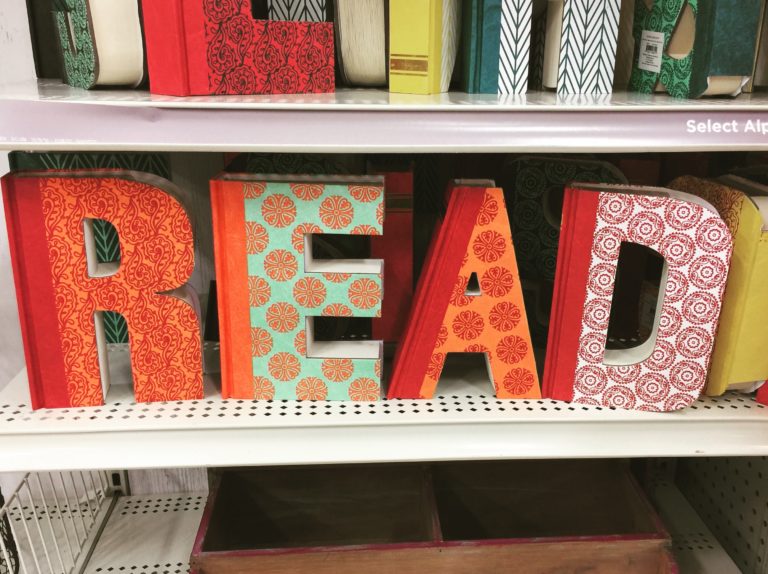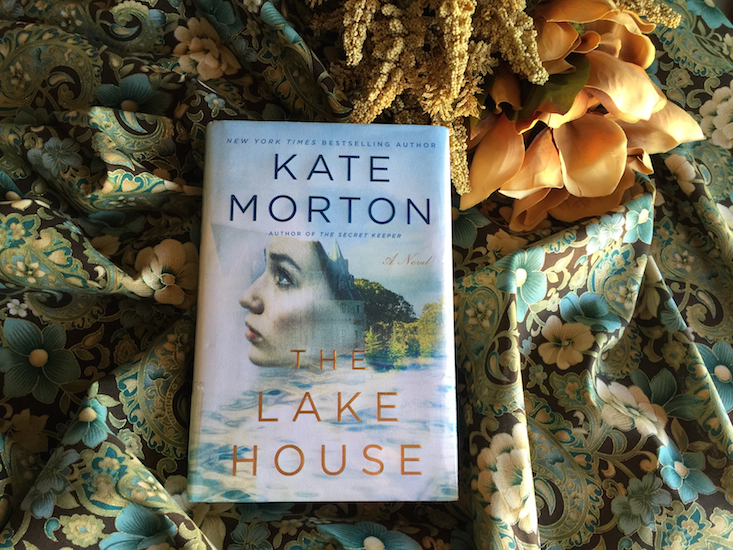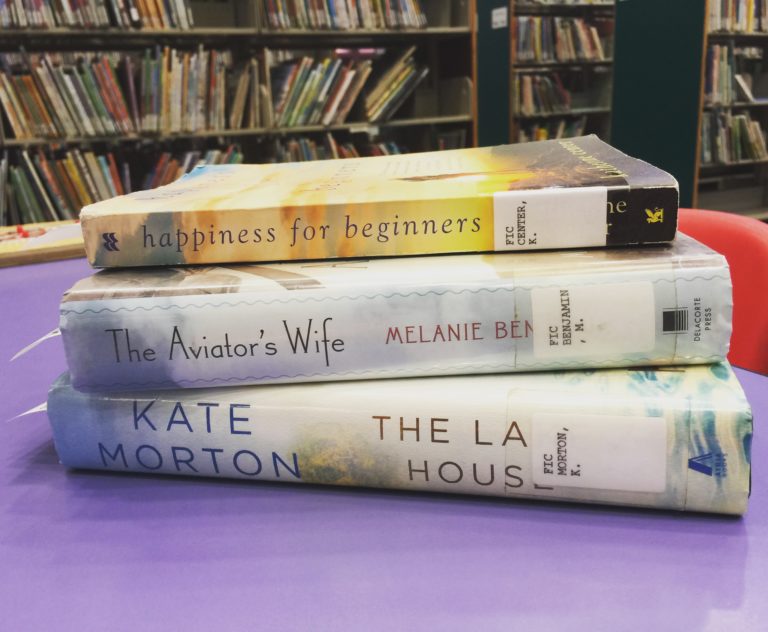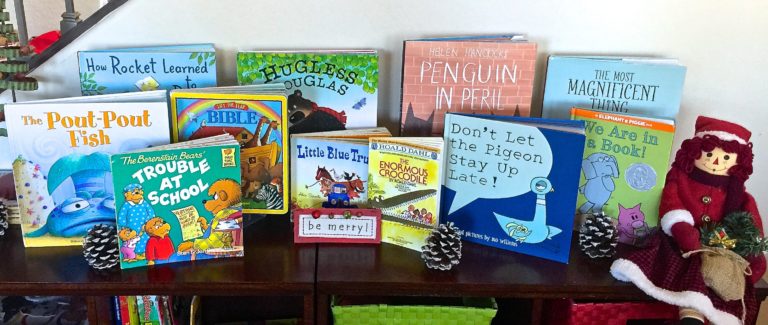Before We Visit the Goddess by Chitra Banerjee Divakaruni
If you were asked to write a letter to your teenaged granddaughter to urge her to make a different life choice, to this family member for whom you cared deeply but have never met; what would you say? How would you write the letter so that she would receive your message?
This is a question that absolutely captivated me and drew me into “Before We Visit the Goddess” by Chitra Banerjee Divakaruni. This beautiful book is about a grandmother named Sabitri, her daughter Bela, and her granddaughter Tara, and the influences on their lives made by each woman’s choices, circumstances, spouses and sometimes close friends. Through these three generations, there is a thread that binds them all. At times that thread seems very tenuous, but through the book’s various storylines, it is always present.
What made me pick it up: Based on the title, this is not a book I would have thought to read, but it was included as a selection for Ann Bogel’s (modernmrsdarcy.com) Summer Book Club.
What I loved: The book is beautifully written and captivating, especially in the beginning stories. At times it completely took my attention so much that I forgot I was reading and only thought of the story, such as when a magician appeared in Bela’s storyline.
I liked that there were not a ton of characters in the book, and that the focus stayed on the three women; any additional characters were used to expound on the story of these women. The women were strong (if not stubborn) and unflinchingly committed to the choices in their lives.
The book highlighted how friends and significant others greatly impact our lives and the choices we make; some of which bring great joy; others which bring deep regret. One beautiful story highlights an unexpected close friendship between Bela and her neighbor – a friendship that brings some desperately needed hope, joy, and companionship to both. It is a picture that I dream of seeing in our communities and neighborhoods.
The businesswoman side of me loves that Sabitri is an entrepreneur and starts her own confectionery shop, “Durga Sweets”. This along with the descriptions of Indian food and culture in the book were delightful and greatly added to the aura of the story.
What I didn’t like: I wanted the relationships of these women to be more closely knitted together, which was probably intentionally done by the author. The information I read on the book prior to reading it indicated that it was about family ties between these three generations of women, but I didn’t expect these ties to be quite so fragmented or to include so much separation and estrangement.
I also wanted the ending to be more satisfying, to speak more meaning into all the experiences and hardships of these women’s lives.
The character storylines could have been developed a bit more fully, however I am on the fence with this criticism, as I think the brevity of some of these stories lent to keeping the book moving and engaging.
How it inspired me: As a child, Bela seemed to be in a world of her own, alone and misunderstood by her parents. Her mother was preoccupied with the struggles of her life and didn’t “see” her daughter, which led to hardships in their relationships later. This was a great reminder to continually get outside of my own preoccupations and take a hard look into my children’s eyes; to see what their eyes are seeing and understand how they are feeling. I want to know their worlds and help them process the things they are experiencing.
The vivid descriptions of the Indian food made me want to explore some Indian cooking and baking. It reminded me that I wanted to order the cookbook, “The Cardamom Trail: Chetna Bakes with Flavors of the East”, by Chetna Makan, a semi-finalist in the first season of the “Great British Bake-Off”. Some of the Indian flavors she incorporated into her baking had me drooling, as did the food descriptions in “Before We Visit the Goddess”.
Caveats: This book has some difficult events in it that may be triggers for some folks. However, these are briefly mentioned as part of the story and not a deep dive. There is quite a bit of tragedy and hardship in the book.
Additional commentary: Thanks to Anne Bogel for the link to a wonderful interview with author Chitra Banerjee Divakaruni here.
Rating: 4 stars






